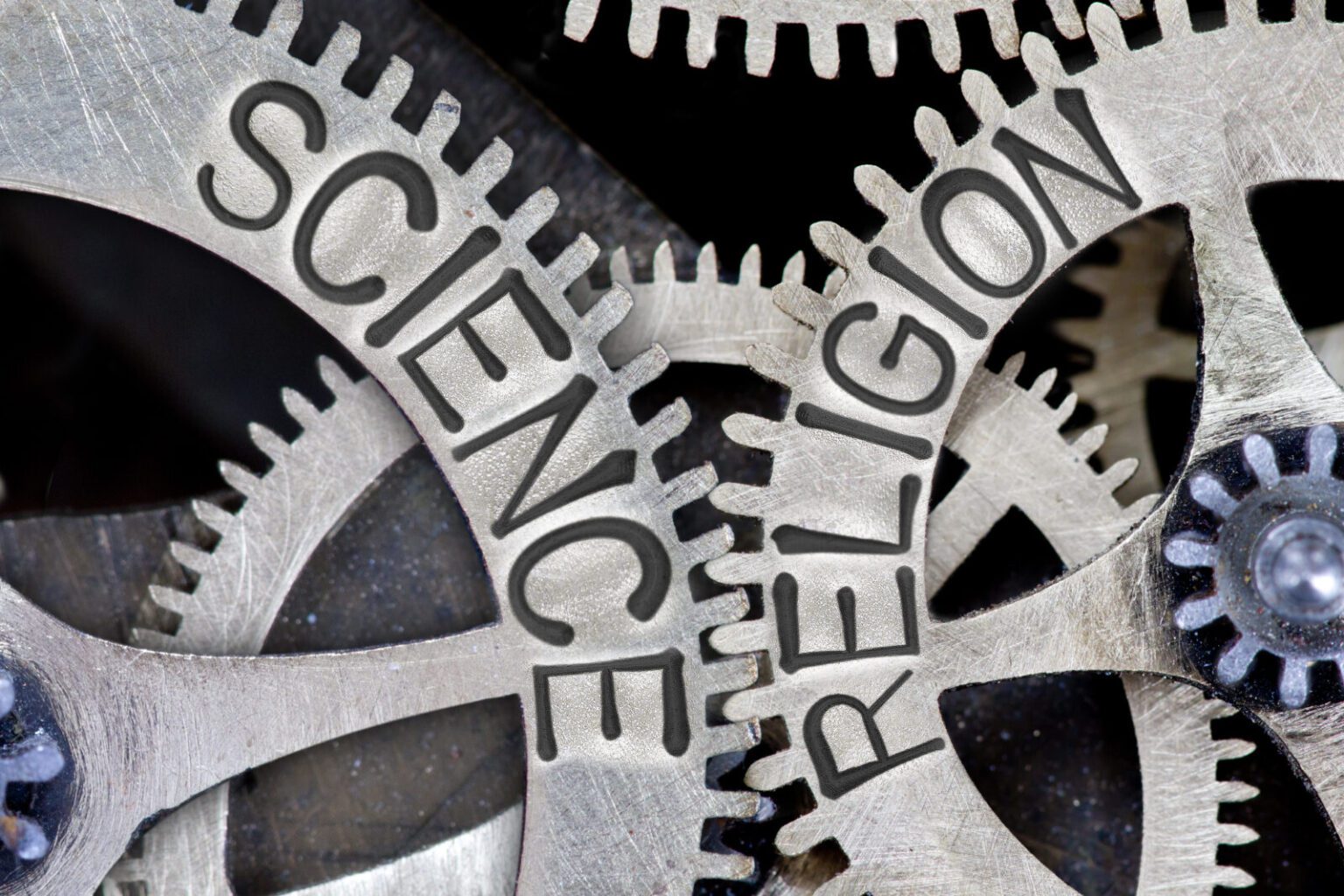
Science and religion are incompatible like fire and water and heaven and hell. Nothing of the sort! They go hand in hand and feed off each other. Here is an interlude on World Science Day for Peace and Development that is observed every year on 10 November.
The fact that faith helps has been scientifically proven. There is even a specific discipline that concerns itself with this: the study of the placebo effect. This discipline studies the effects that medicine can have even if does not contain any active agents—provided the patient believes in the effect. Science still does not know how this works exactly, but what they do know is that it is not a figment of people’s imagination.
Our consciousness defines our state of being: that is a scientific certainty even at the most basic level—at the very latest since Schrödinger’s cat. In this thought experiment one of the leading figures of modern physics describes an effect of quantum mechanics.
Marvelling at our existence
According to this experiment, a particle simultaneously exists in all the states it can possibly occupy—such as the hypothetical cat that may be both dead and alive. It is only at the time that the particle is measured that the system collapses and takes on one of two states: only the act of perception defines the state of the matter.
The expert marvels and the layman is surprised: at the most elementary level of material physics, things still end up being quite metaphysical after all. No wonder that almost all the leading authorities in quantum physics were highly motivated to write philosophical treatises after finishing with their calculations.
Its founder, Max Planck, came to the following conclusion: “For believers, God is in the beginning, and for physicists He is at the end of all considerations.” And Werner Heisenberg, the winner of the Nobel Price for Physics in 1932, said: “The first gulp from the glass of natural sciences will turn you into an atheist, but at the bottom of the glass God is waiting for you.”
Basically enemies
It has been 80 to 100 years that the brightest minds in materialistic research reached a reconciliation of science and religion. And when you think about it and look at the status quo, it seems that this still has not found its way into the minds of people.
More than ever fundamentalists on both sides are irreconcilably opposed: ultra-materialists on the one hand, who deny that there is a reality beyond the world that can be measured, and extreme creationists on the other, for whom the Bible is the only key to also understanding their earthly existence.
Creator God versus the Big Bang and evolution—that is their favourite battleground. And the fight involves the harshest verbal slings and arrows. In the end, the first group denies any trace of sense in the other, and the second group refuses to acknowledge any shred of ethics in the first.
The limits of reason
However, any even remotely enlightened Christian knows: with the Bible as a manual you cannot build a car, nor can you operate a tumour or predict a storm. Science is the methodical application of the mind, which God has given man in order to make the most of our earthly existence.
Every serious scientist knows that science’s ability to know and understand is limited on principle. This has been proven by Werner Heisenberg’s uncertainty principle, by the incompleteness theorem of the mathematician Kurd Gödel, and the concept of refutability of the philosopher Karl Popper.
Lame and blind
The physicist Carl Friedrich von Weizsäcker uses a story to describe the dilemma that science is in. A man is looking for something under a lamp. What? “My keys.” Did you lose them. “I don’t know.” And why are you looking here? “Because I can see enough here…”
Science and religion live in different worlds. One asks the question as to what and how, the other wants to know why and what for. They are not opponents, but partners who depend on one another. This is at least the opinion of the maybe greatest mind of the twentieth century, Albert Einstein: “Science without religion is lame, religion without science is blind.”
Photo: EtiAmmos – stock.adobe.com




